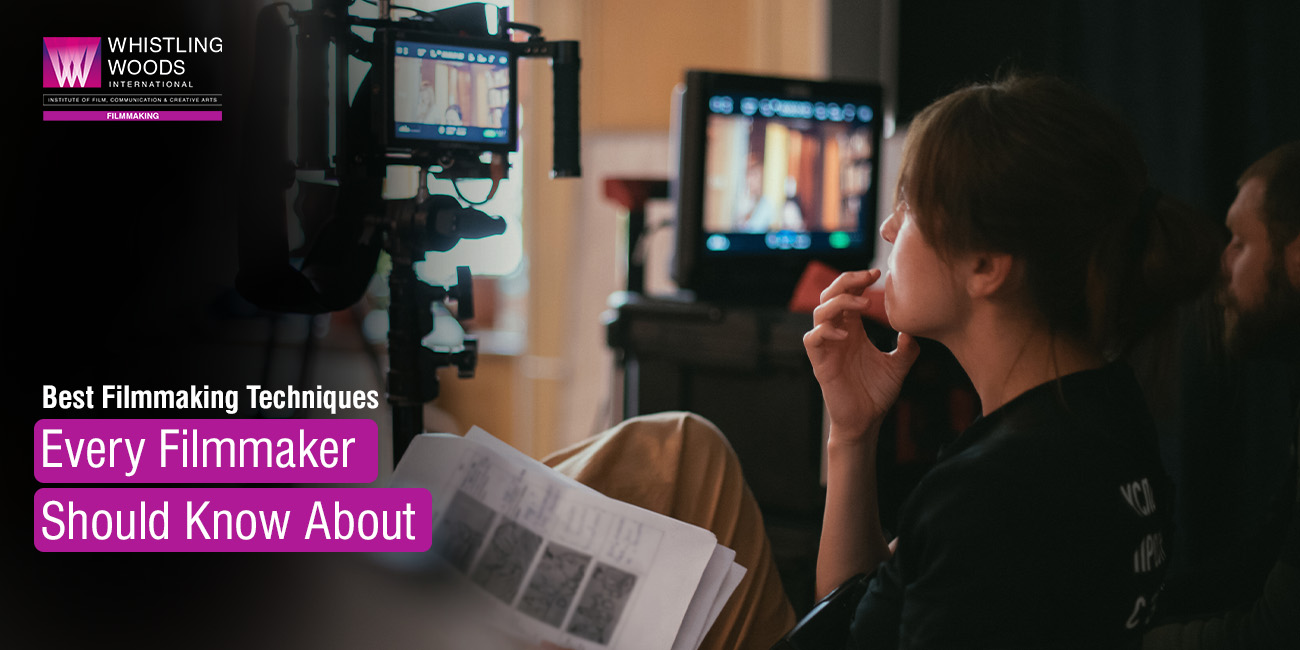Filmmaking has come a long way, evolving from silent black and white pictures to the vibrant, high-definition experiences we enjoy today. But one thing remains constant: the power of storytelling.
Filmmaking is an art and each artist has a few methods yet some of them are normal which includes the essentials. This article dives into the essential techniques every filmmaker, from beginner to professional, should have in their toolbox. By mastering these filmmaking techniques, you’ll be well on your way to crafting compelling visuals and narratives that resonate with your viewers.
Best Filmmaking Techniques Every Filmmaker Should Know:
1. Camera procedures and development of the tripod
The camera points and procedures are a critical piece of how a filmmaker functions. This is one of the most significant filmmaking techniques for a producer. Continuously shoot every scene utilizing exemplary shot outlining and camera points so there is scene inclusion after creation. Utilize a mount for the fundamental shots and use pan and tilt developments to follow the activity when it checks out. A tilt and pan can provide your scene with a feeling of development and ease. Continuously ensure the shot synthesis and lighting are guiding the audience’s eyes to the significant piece of the edge.
2. A story to Illustrate
A typical mix-up for movie producers is to not have a reasonable and organized story. This filmmaking technique for a director assumes a significant part since, in such a case that the story misses the mark on show and power that the crowd is searching for, the film won’t succeed. Audience need to be taken on a ‘close to home’ ride. A story requires the character to need to achieve something. The show comes in the hardships they experience while looking for that objective. Make a story that works with your film spending plan and spotlights on activities.
3. Make a Production Plan
The picked varieties and styles give data about the characters and the story. The “look book” technique is one filmmaking strategy for making a creation configuration that has pictures and drawings of the look and feel for every scene. How a film looks will sell the truth of the film. The areas, sets, props, goods, vehicles, closet and cosmetics all make a free plan.
4. Lighting Strategies
Lighting exhibit the temperament of a person or inform something concerning how they view the world. Lighting strategies can likewise assist with concentrating. One of the strategies is High-key lighting which is a filmmaking lighting style that decreases shadows regarding your matter. High-key lighting is commonly made using two huge light sources and is less expensive when contrasted with different methods.
5. Utilize proper Music
Films need some space to breathe between music prompts. Adding music to the whole length of the film could work, yet it could seem like a music video. This is a significant technique for producers as well as directors. Use it when it counts. An excess of music can dull the impact of the music. Music with singing can rival the characters dialogue. Likewise, the producer would have to have the legitimate licences to involve any well-known tune in their film.
6. Keep Sound Over Visuals
A crowd of people will excuse a camera shot that isn’t lit well indeed, somewhat out of concentration or is precarious, however they won’t endure terrible sound. Music and Audio effects are normally auxiliary to exchange. Now and again music might overwhelm audio cues or audio cues might eclipse music. It relies upon what’s going on in a scene. An insignificant measure of pressure can be utilized to get the exchange to sit over the music and audio effects.
Filmmaking is a complex undertaking, requiring an amicable mix of story resourcefulness and specialized artfulness. Dominance of essential methods lays the basis for imaginative investigation, finishing in artistic encounters that rise above simple visual scene. Would it be a good idea for you try to level up your filmmaking abilities, consider choosing from the extensive courses presented by WWI.
Explore Our Courses:
- BSc in Filmmaking (3 Years)
- Diploma in Screenwriting (1 Year)
- MA in Screenwriting (2 Years)
- MA in Filmmaking with Specializations (2 Years)
In the event that you’re genuinely dedicated to dominating these strategies and fashioning a way as a producer, make the following stride in your process by signing up for one of the courses presented by Whistling Woods International. As one of the premier filmmaking schools in India, we equip our students with cutting-edge technology that help them become industry ready. Let your energy for filmmaking take off as you set out on an extraordinary instructive involvement in us.

